TEHRAN(Bazaar): Richard Kauzlarich, former US Ambassador to the Republic of Azerbaijan, says: European diplomats have expressed the hope that progress is possible but that the process in Vienna must speed up.
Following is the text of the Bazaar interview with Richard Kauzlarich:
Bazaar: The first meeting of the seventh round of Vienna talks came to an end while waiting for an agreement was unlikely. But in the last few days, following the second meeting, positive news of the continuation of the negotiation process was reported, and Josep Borrell also made positive statements. What was the reason for the change of positions in the last week?
Kauzlarich: It is not surprising that the meetings ended last week. That is generally the end of the working period, especially in Europe before the Christmas and New Year’s holidays. I can’t assess whether there has been any change in positions. European diplomats have expressed the hope that progress is possible but that the process in Vienna must speed up. We can hope for the eighth round of talks.
Bazaar: How do you assess the role of Russia and China in the recent negotiations and to what extent are they effective in sharing the views of the other (western) side with Iran?
Kauzlarich: I cannot assess Russian and Chinese positions other than to say they must be part of a unified effort – with the EU and the US – to convince Iran to return to the JCPOA and submit its nuclear program to international supervision.
Bazaar: IAEA Director Grossi, has announced that he is seeking an agreement with Iran to reinstall its cameras at the Karaj facility. He said that not knowing what was going on at the Karaj facility would prevent us from informing the negotiators in Vienna. What is your assessment of his words?
Kauzlarich: The IAEA has a vital role in providing international supervision and transparency to the Iran nuclear program. Iran continues to expand its nuclear program without the necessary international control.
Bazaar: Despite some statements by European officials that the negotiation process is reasonable, Germany has stated that there is no progress in the Vienna talks and that time is running out for Iran. What is the reason for Germany's strict issue? Given the rise to power of the new party in Germany, which is more opposed to Iran, how do you assess Germany's position in the continuation of the negotiations?
Kauzlarich: You currently point out that Germany has a new coalition government. It is not surprising that Germany is taking a different position. It will be important that the EU maintains a united front in pressing Iran to return to the JCPOA. Germany is an essential player in developing that EU position.ش

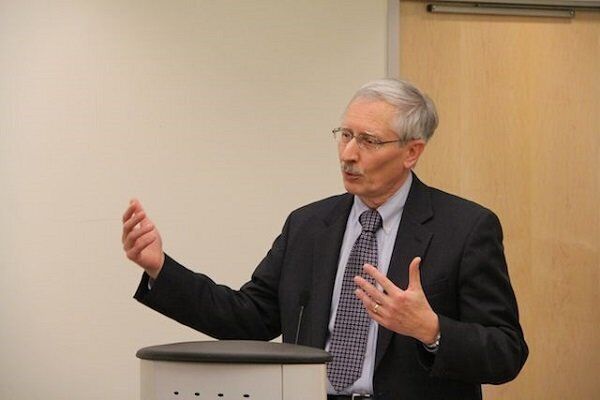



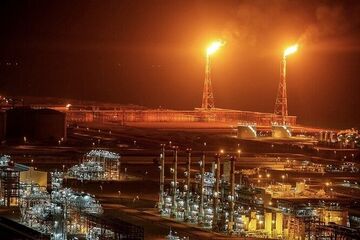
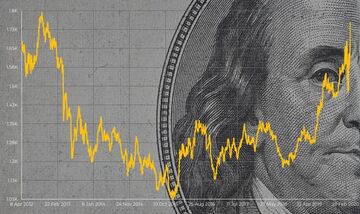
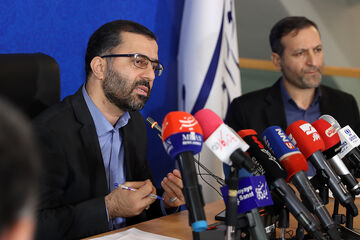
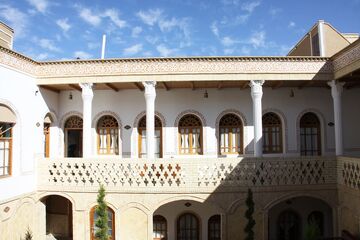
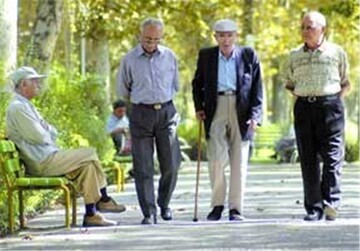
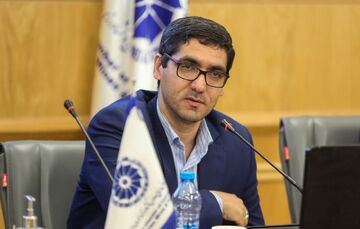
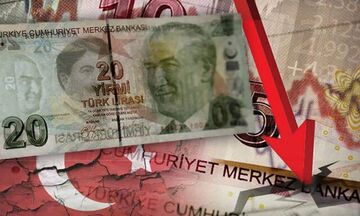
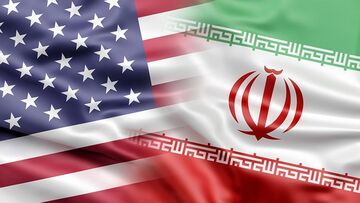

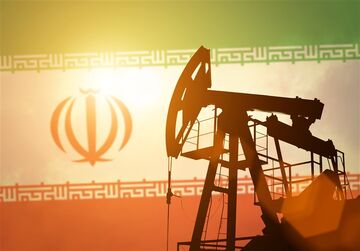
نظر شما